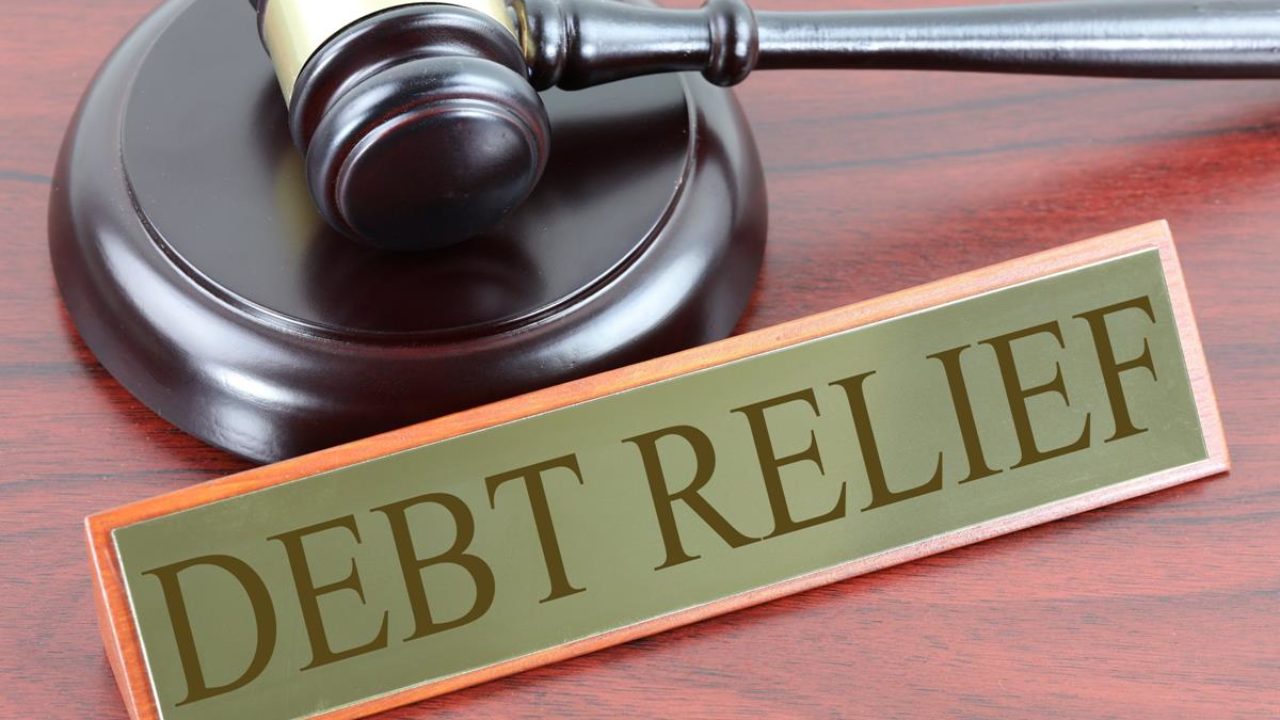Debt Relief: Understanding A Debt Settlement Company
 In the complex world of personal finance, debt can sometimes feel overwhelming. For individuals struggling with significant debt, debt settlement companies offer a potential lifeline. But what exactly are these companies, and how can they help? This blog post explores how a debt settlement company works, their processes, benefits, and potential pitfalls, providing a comprehensive guide for those considering this route for debt relief.
In the complex world of personal finance, debt can sometimes feel overwhelming. For individuals struggling with significant debt, debt settlement companies offer a potential lifeline. But what exactly are these companies, and how can they help? This blog post explores how a debt settlement company works, their processes, benefits, and potential pitfalls, providing a comprehensive guide for those considering this route for debt relief.
What is a Debt Settlement Company?
A debt settlement company is a business that negotiates with creditors on behalf of individuals or businesses to reduce the total amount of debt owed. The goal is to reach a settlement where the debtor pays less than the full amount owed, typically in a lump sum or through a structured payment plan. This process can be appealing to those who find themselves unable to meet their debt obligations and are looking for alternative solutions to bankruptcy or insolvency.
How Does Debt Settlement Work?
The process generally begins with an initial consultation, during which a debt settlement company will review the debtor’s financial situation, including income, expenses, and total debt. Based on this assessment, the company will propose a plan to negotiate with creditors. Here’s a step-by-step look at how debt settlement usually works:
- Assessment and Enrollment: The debt settlement company assesses your financial situation to determine if you qualify for their services. If you decide to proceed, you’ll typically stop making payments to your creditors and instead make monthly deposits into a dedicated account managed by the debt settlement company.
- Negotiation: The company uses the funds accumulated in the dedicated account to negotiate with your creditors. The goal is to convince creditors to accept a reduced amount as full payment. This negotiation process can take several months or even years, depending on the complexity of the debt and the willingness of the creditors.
- Settlement: Once a settlement is reached, you make a lump-sum payment or follow a structured payment plan to pay the agreed-upon reduced amount. The debt settlement company then pays this amount to the creditor, and the debt is considered settled.
- Completion: After all negotiated debts are settled and paid, the debt settlement process is complete. Ideally, you should have significantly reduced or eliminated your debt burden.
Benefits of Debt Settlement
Debt settlement can offer several benefits for those struggling with unmanageable debt:
- Reduced Debt Amount: One of the most significant advantages is the potential to reduce the total amount of debt owed. Settlements often allow debtors to pay less than the full amount, which can provide substantial financial relief.
- Avoiding Bankruptcy: Debt settlement can be an alternative to bankruptcy, which can have long-term effects on credit scores and financial stability. For many, avoiding bankruptcy is a preferred option.
- Simplified Payments: Instead of managing multiple debts with different payment schedules, debt settlement consolidates the debt into a single monthly payment to the debt settlement company, simplifying the repayment process.
- Reduced Stress: For many, the stress of managing debt can be overwhelming. Settling debt through a company can provide a structured path to resolution and reduce financial anxiety.
Potential Pitfalls and Risks
While debt settlement can be beneficial, it’s important to be aware of potential risks and drawbacks:
- Impact on Credit Score: Debt settlement can negatively impact your credit score. The process involves ceasing payments to creditors, which can lead to missed payments and a lower credit score. Additionally, settled debts may be reported as “settled for less than the full amount,” which can further impact creditworthiness.
- Fees and Costs: Debt settlement companies typically charge fees for their services, which can be significant. These fees are often based on a percentage of the debt amount or the amount saved through settlement. It’s crucial to understand the fee structure and ensure that the costs are reasonable in relation to the potential savings.
- No Guaranteed Success: There’s no guarantee that debt settlement will result in a successful resolution. Creditors may refuse to negotiate, or the settlement amount may not be as favorable as anticipated. This uncertainty can lead to prolonged financial stress.
- Potential for Scams: The debt settlement industry has faced criticism for fraudulent practices and scams. It’s essential to thoroughly research and choose a reputable company. Look for companies with positive reviews, accreditation from organizations like the Better Business Bureau, and a transparent fee structure.
How to Choose a Debt Settlement Company
If you’re considering working with a debt settlement company, it’s vital to choose wisely. Here are some tips for finding a reputable company:
- Research and Reviews: Investigate the company’s reputation by reading reviews and checking for complaints with consumer protection agencies.
- Accreditation: Look for companies accredited by organizations like the American Fair Credit Council (AFCC) or the International Association of Professional Debt Arbitrators (IAPDA).
- Transparency: Ensure the company provides clear information about their fees, processes, and the potential impact on your credit score.
- Consultation: Take advantage of free consultations to ask questions and understand the company’s approach before committing.
Debt settlement companies can offer a viable solution for managing significant debt, providing the potential to reduce the total amount owed and avoid bankruptcy. However, it’s essential to weigh the benefits against the risks, including potential impacts on your credit score and the costs involved. By conducting thorough research and choosing a reputable company, you can navigate the debt settlement process with greater confidence and take a significant step toward financial relief.
